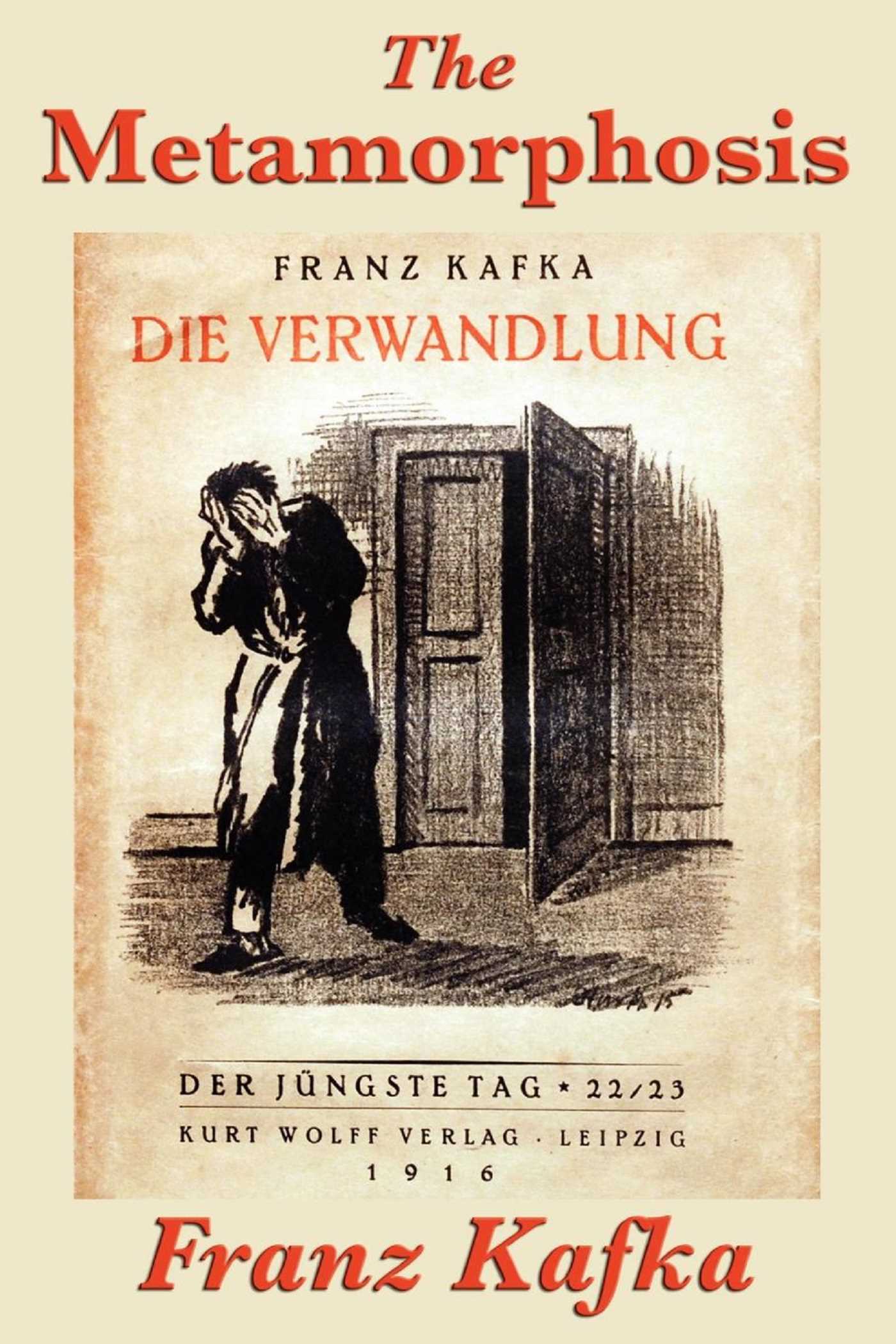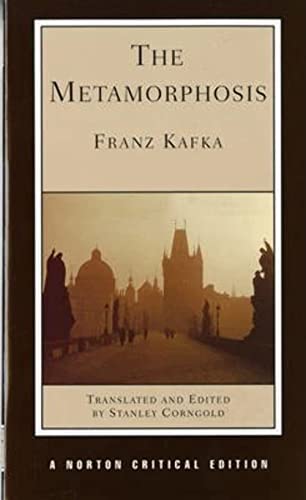
In a sense, Gregor is the archetype of many of Kafka's male characters: he is a man reluctant to act, fearful of possible mishaps, rather prone to exaggerated contemplation, and given to juvenile, surrogate dealings with sex. Gregor is not an enchanted prince in a fairy tale, yearning for deliverance from his animal state instead, he is a rather average salesman who awakens and finds himself transformed into an insect.


The selection of an ordinary individual as victim heightens the impact of the absurd. Thus the reader finds himself confronted with Gregor's horrible fate and is left in doubt about the source of Gregor's doom and the existence of enough personal guilt to warrant such a harsh verdict. This element of receding, an important theme in Kafka's works, intensifies the gap between the hero and the unknown source of his condemnation. More so than Georg, however, who comes to accept his judgment, out of proportion though it may be, Gregor is a puzzled victim brought before the Absolute - here in the form of the chief clerk - which forever recedes into the background. His situation of intensifying anxiety, already an unalterable fact at his awakening, corresponds to Georg's after his sentence. Also both men are guilty: like Georg in "The judgment," Gregor Samsa (note the similarity of first names) is guilty of having cut himself off from his true self - long before his actual metamorphosis - and, to the extent he has done so, he is excluded from his family. Kafka wrote "The Metamorphosis" at the end of 1912, soon after he finished "The judgment," and it is worth noting that the two stories have much in common: a businessman and bachelor like Georg Bendemann of "The judgment," Gregor Samsa is confronted with an absurd fate in the form of a "gigantic insect," while Georg is confronted by absurdity in the person of his father.


 0 kommentar(er)
0 kommentar(er)
